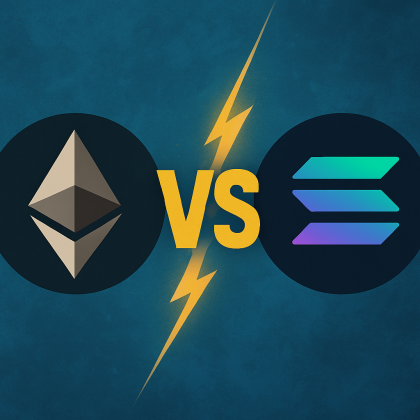
Most hedge funds have had a poor start to the year. According to Hedge Fund Research, hedge fund portfolios gained only 3.5 percent in value from January to May of 2017, heavily underperforming the S&P 500 Index, which generated a return of 7 percent in the same time period.
Hedge funds are investment funds that can invest in a wide array of assets and adopt different types of investment strategies. Unlike mutual funds or pension funds, hedge funds are not constrained by regulatory requirements to primarily invest in stock and bonds and can, therefore, also invest in real estate, derivatives, and currencies, among other asset classes. This freedom of choice is what gives hedge funds a competitive advantage over traditional funds. For this ability to generate better returns, hedge funds charge a high annual management fee (usually 2 percent) as well as a performance fee. However, as witnessed in the first five months of 2017, these fees are not always warranted.
The HFRI Fund Weighted Composite Index, which is an equally weighted index that tracks the performance of hedge funds, is up only 0.5 percent in May, while the S&P 500 Index is up twice as much. Given the rise in popularity of low-cost index tracker funds and an eight-year rally in stocks, hedge funds are struggling to justify their high fee structures to investors.
Bitcoin Is Boosting Hedge Fund Returns
The start of the year, however, was not gloomy for all hedge fund managers. The funds that did outperform were those focusing on technology and currencies.
FX funds that had the foresight to gain exposure to digital currencies such as bitcoin managed to outperform their peers as well as the S&P 500 Index. The HFRI Macro: Currency Index, for example, gained 8.2 percent year-to-date.
This should not come as a surprise given the impressive rallies of digital currencies such as bitcoin and ether, which both reached numerous new all-time highs in the spring months of 2017 and generated a 190 percent and 4,900 percent return respectively since the start of the year.
Most Portfolio Managers Still Avoid Cryptocurrency
Despite the exuberant returns of leading digital currencies such as bitcoin, ether and litecoin in the past six months, the majority of hedge fund portfolio managers are still staying clear of digital currencies as an asset class.
The reluctance to invest in digital currencies ranges from a lack of in-depth knowledge about the asset class to concerns of liquidity and fears of cyber theft.
Louis Gargour, Wall Street veteran and founder of hedge fund LNG Capital, suggests that bitcoin is not ready yet for widespread adoption as an institutional asset class.
He told CNBC: "Bitcoin's extreme volatility doesn't sit well with managers working on a risk-adjusted return basis. Furthermore, there are valid concerns that digital currency assets can be hacked or stolen. Finally, there's a perception that bitcoin remains a niche, retail investment that does not yet demonstrate sufficient quality to be seriously considered for many reputable institutions."
On the other hand, Bobby Cho, trader at Cumberland Mining, a subsidiary of DRW Trading, told Bitcoin Magazine: "The digital currency investment landscape is changing rapidly along with the mindset of investors. A few years ago, bitcoin wasn't viewed as a viable asset class through the eyes of hedge funds.”
However, this has started to change according to Cho. “Today, Cumberland Mining works with both traditional and digital-only funds by providing institutional-sized liquidity in different digital currencies, most notably bitcoin and ethereum.”










